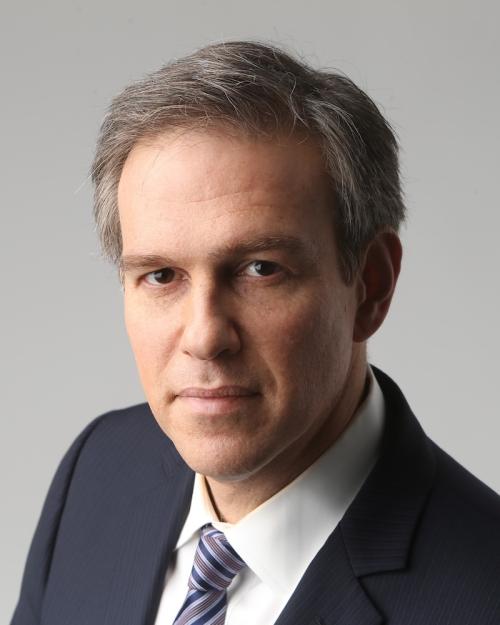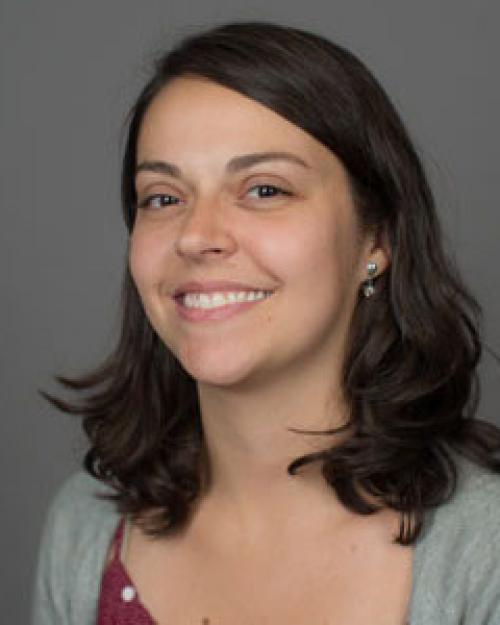Amanda Domingues is a doctoral candidate in science and technology studies with a focus on the anthropology of science from São Paulo, Brazil. She earned a doctorate in political science from the University of São Paulo, a master’s in history and sociology of science and technology from the Georgia Institute of Technology, and a bachelor’s degree in social sciences from the University of São Paulo and now studies how investigators use scientific methods and humanities theories to reconstruct the lives of past humans under the guidance of Rachel Prentice at Cornell.
What is your area of research and why is it important?
I study how investigators use scientific methods together with theories from the humanities to reconstruct the lives of humans who lived in the past. My work focuses on archaeologists, who are among the most authoritative sources of knowledge about the human past. You may have heard that researchers have found that the Vikings had settlements in North America or that tuberculosis is more than 9,000 years old. These are all archaeological discoveries; products of archaeological research that integrate scientific methods of carbon dating, DNA, and others with humanistic theories about mobility, care, and religious behavior, for example. My research explores what problems archaeologists resolve when they use traditional science together with theories from the humanities and what kinds of obstacles they unwillingly create.
What are the larger implications of this research?
Knowledge about the past shapes what we think about us and others in the present. Scientific knowledge about the human past permeates our imaginary and informs our ideas about identity, belonging, ancestry, and ownership. They also affect social and political issues like claims to territory, national identities, heritage rights, and others. In the scientific realm of academia or research institutions, the way that the past is investigated impacts understandings of what is required of a scientific project; for example, what is enough evidence to claim that humans migrated to North America from Asia and not from the Pacific? Most people outside archaeological circles are not necessarily aware of how archaeological claims about the past may result in negative stereotypes and fuel extremist ideologies. My work joins the effort of many archaeologists and other scholars to fight against flawed stereotypes and interpretations about the past.
What have you gained by participating in the NextGen Professors Program?
First of all, I gained a supportive community of people who understand the struggles of being in the Ph.D. program and at the same time are preparing to face the challenge of the job market. Second, I gained a safe space to ask difficult questions and get inside knowledge from people who are in job positions that I envision being in in a couple of years. Third, and most importantly, a network of (very smart) people who share tips and advice and exchange opportunities for further professional development.
How has this program been helpful in working toward your professional goals?
Very helpful. Through the program, I had access to people who are further along in their Ph.D. studies and in the job market than me, so I was able to learn from them about what was ahead of me. Also, I was able to learn from their “mistakes”: one question that I love to ask is, “What do you know now that you wished you knew before you applied for this job or got this grant, etc.?” The answers have helped a lot!
What are your hobbies or interests outside of your research or scholarship?
I am a circus enthusiast! I take regular classes on aerial fabric, hoops, and trapeze and have calluses on my hands because of it (totally worth it!). I also have two dogs and like to do sports with them: We do agility, barn hunting, flyball, dock diving, and other fun sports! I also recently started learning how to sew and crochet and am currently finishing my first smocking pillow (look it up, they are super beautiful!).
Why did you choose Cornell to pursue your degree?
After I finished my Ph.D. in Brazil, I did not feel passionate about the direction of my research and the possibilities that were ahead of me. I felt that the field of science and technology studies (STS) was in line with what I wanted to accomplish research-wise and in Brazil; I knew I could not pursue the project I wanted. When I received an offer from Cornell, I felt very supported by the director of graduate studies and thought that the resources the university offered would be very helpful for my academic objectives. Also, Cornell has one of the best STS departments in the world and I wanted to be part of that.
Read the story on the Cornell University Graduate School website.




